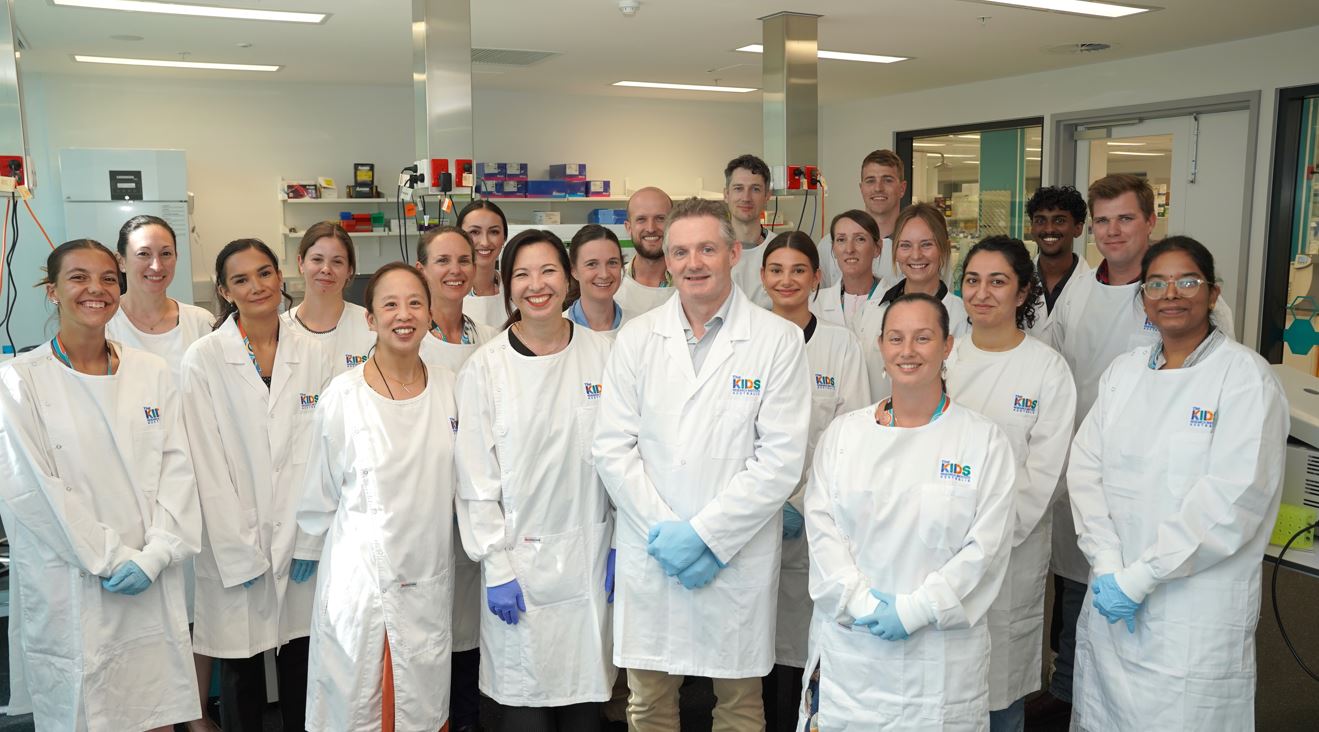Search
Research
Glioma-specific Domain IV EGFR cysteine mutations promote ligand-induced covalent receptor dimerization and display enhanced sensitivityEpidermal growth factor receptor (EGFR) is over-expressed in many brain tumors. This paper examines mutations the EGFR that make the cell it is produced in...
Research
Efficacy of acute myeloid leukemia therapy without stem-cell transplantation in a child with blastic plasmacytoid dendritic cell neoplasmOur case demonstrates that AML therapy, without HSCT, can be sufficient to treat this rare disease in children.
Research
Maternal Use of Folic Acid and Other Supplements and Risk of Childhood Brain TumorsInterest in a possible protective effect of maternal vitamin use before or during pregnancy against childhood brain tumors (CBT) and other childhood cancers...
Research
Chemotherapy increases amenability of surgical resection in congenital glioblastomaBrain tumors presenting in infancy, especially during the first 6 months of life.
Research
Identification of suitable endogenous control genes for microRNA expression profiling of childhood medulloblastoma and human neural stem cellsMedulloblastoma (MB) is the most common type of malignant childhood brain tumour.
Research
Developing and characterising juvenile models of aggressive paediatric brain cancers for the evaluation of novel immunotherapies.While profound treatment responses have been realised using immunotherapy for some cancer types, this is yet to be seen for paediatric brain cancer patients.
Research
Developing new immune based therapies for neuroblastomaNeuroblastoma is a complex childhood cancer of the nerve cells and the most common solid tumour in children outside of the brain. The average age of diagnosis is 1-2 years and tragically 50% of children with high-risk neuroblastoma lose their battle within five years.
Research
Finding new, safer and targeted therapies for paediatric brain cancer that amplify responses to radiation therapyRadiation therapy is an essential component of brain cancer treatment. However, the high doses currently required are extremely damaging to the growing brains and bodies of children.

We strive for a future where no child will die from brain cancer because we have developed new therapies that will cure their disease.
